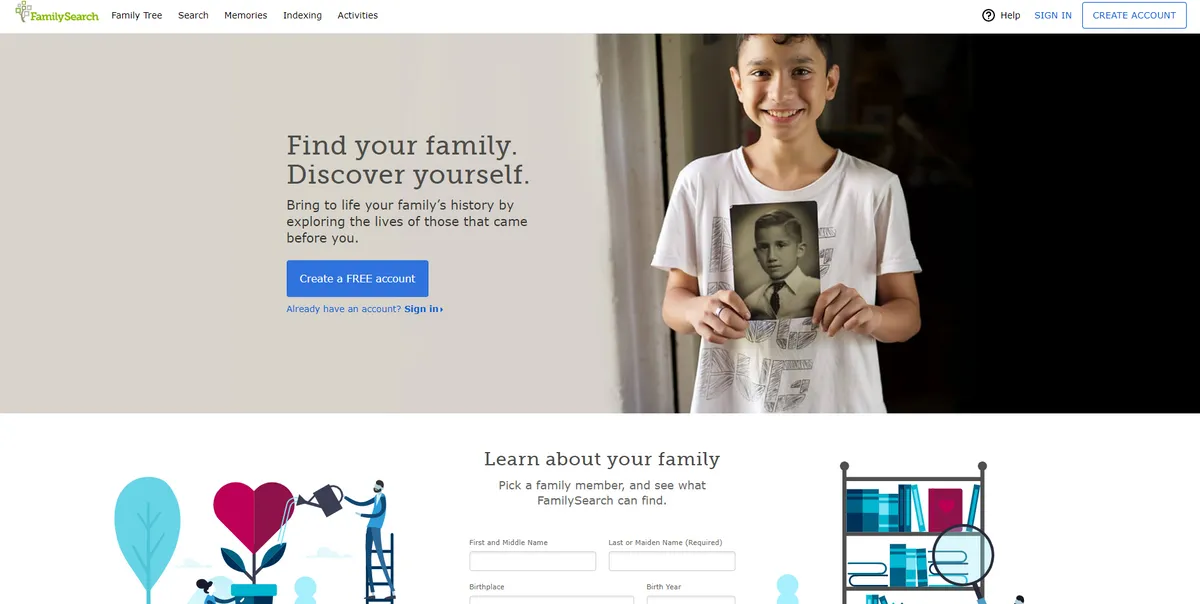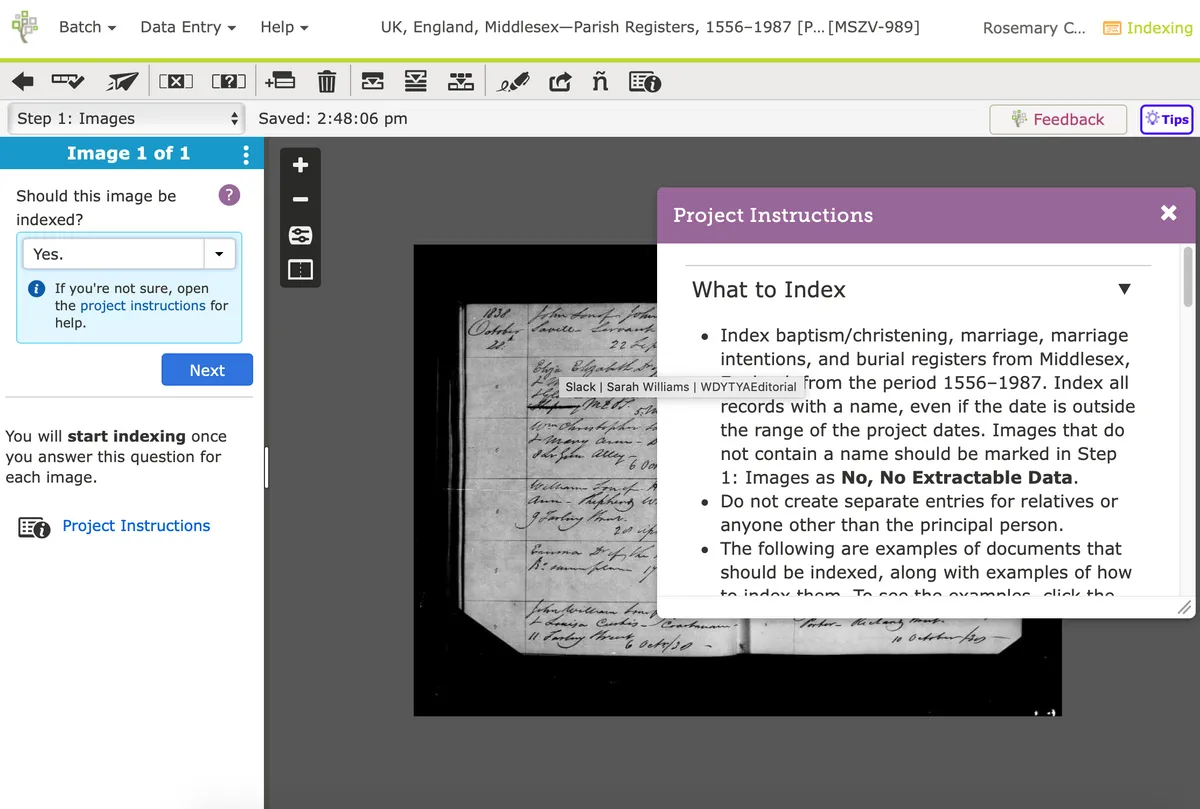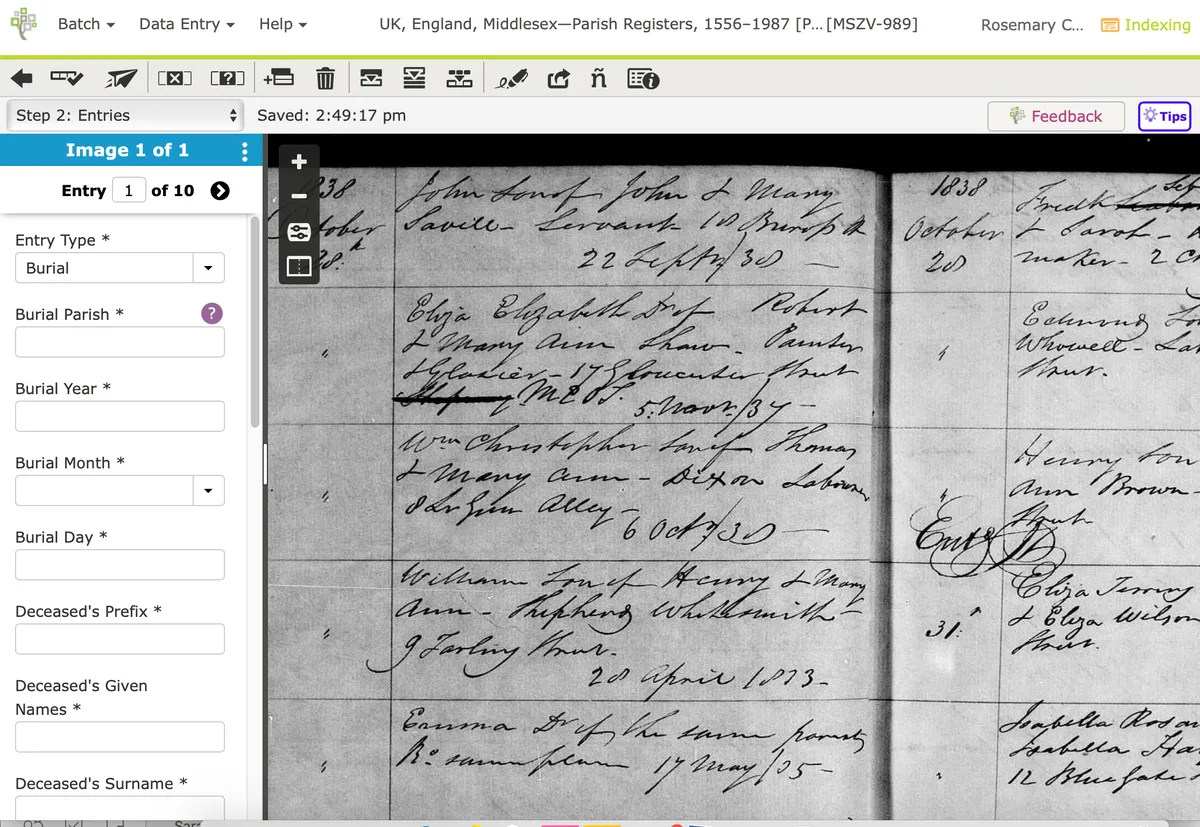Thank you for joining our Transcription Tuesday Weekly Challenge to help our readers keep busy and give back to family history during the coronavirus pandemic. On Tuesday 14 April, we will return to our successful partnership with FamilySearch.
Project overview
FamilySearch is the world’s largest free family history website. They’ve been one of our Transcription Tuesday partners from our first event in 2017.
In previous years we’ve worked on Church of England parish registers but this year, for the first time, they’re looking at nonconformist records from Gloucestershire, Lancashire and Northumberland. The records list the births, marriages and burials of our ancestors who chose to worship outside the established church, often suffering legal discrimination for it. They come from Methodist, Protestant, Baptist, Quaker, Unitarian, and Presbyterian religious groups and more, with some records dating back to the 1600s.
How to take part
Participants won't be required to undertake any indexing work until Transcription Tuesday itself, but we do recommend reading the below instructions in advance and making sure you have a FamilySearch account:
Step 1
To get started, visit FamilySearch's UK indexing homepage and click 'Sign In' in the top right-hand corner of the screen. If you've not previously registered with the FamilySearch website, you will be urged to create a free account. Otherwise, simply log in using your usual FamilySearch details.

Step 2
Click ‘Find a project’. Select Europe on the map and click United Kingdom. Choose the project you want to support and click ‘Start indexing’. In this example, we shall select 'UK, England, Cambridgeshire – Parish Registers, 1754–1950', by clicking on the blue 'Start Indexing' button. The nonconformist records will be available by the time Transcription Tuesday arrives.
Step 3
You will then be directed to the FamilySearch Web Indexing tool, which will display a parish register page that hasn't already been indexed. It could display baptisms, marriages or burials – and in the case of early registers – a mixture of all three!
Before doing anything else, however, we strongly recommend that you click on the 'Project Instructions' link in the left-hand panel to view a pop-up window containing further information about the work you will be doing.

Step 4
Having read the instructions, you will be asked if the current page should be indexed (this will be 'yes' for almost all pages) and if the first entry on the page is either a baptism, marriage or burial. Once those questions have been answered, you can begin indexing the first entry by completing the fields that appear on the left-hand side of the screen.

Step 5
You may see some fields that don't apply to the entry you have been presented with. Just press Cmd + B to mark these entries as 'Blank'.
Once you have finished the first entry, click on the 'Create Entry 2' button. You can then start indexing the second entry, and so forth.
Step 6
When you have completed all visible entries on the screen (bearing in mind this may be two pages), click on the 'Submit Batch' button. You can then choose to work on another similar batch or try indexing a different collection altogether.
Please share your experiences, photographs and any discoveries you have come across by email at wdytyaeditorial@immediate.co.uk and on Twitter using the hashtag #TranscriptionTuesday. We’d love to hear from you!
